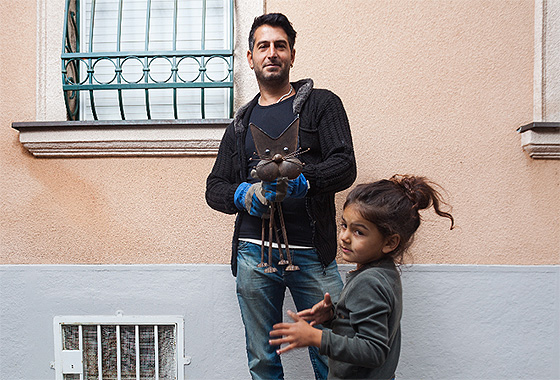“Today, even as we celebrate the resilience, resourcefulness and rich culture of Roma and Traveller communities, political leaders and all members of society must strengthen their commitment to combating anti-Gypsyism and discrimination,” said (Sweden, UEL), General Rapporteur of the Parliamentary Assembly of the Council of Europe (PACE) on combating racism and intolerance, speaking on the occasion of International Roma Day, 8 April 2020.
“All European societies are today experiencing exceptionally difficult times, as they grapple with the spread of the COVID-19 pandemic. As the Assembly’s rapporteur František Kopřiva has already underlined, many Roma and Travellers risk being especially hard-hit by the worst consequences of the pandemic: loss of livelihood, serious illness, loss of life. This is the result of centuries of marginalisation, discrimination and other human rights violations, and it is exacerbated by persisting anti-Gypsyism in our societies,” said Mr Jallow
“In these difficult times, many Roma and Travellers around Europe are setting up and contributing to community initiatives to fight the pandemic. Others are at work on the frontlines together with fellow citizens, in hospitals or as providers of other essential services. Today is an opportunity to pay tribute to such contributions,” he added.
“At the same time, I call on parliamentarians, political leaders and all citizens to seize the occasion of International Roma Day to redouble their commitment to combating anti-Gypsyism and discrimination against Roma and Travellers – by supporting and funding intensified efforts to eliminate the inequalities they experience, and by denouncing racism against them wherever it occurs.”
Read also
PACE




























































